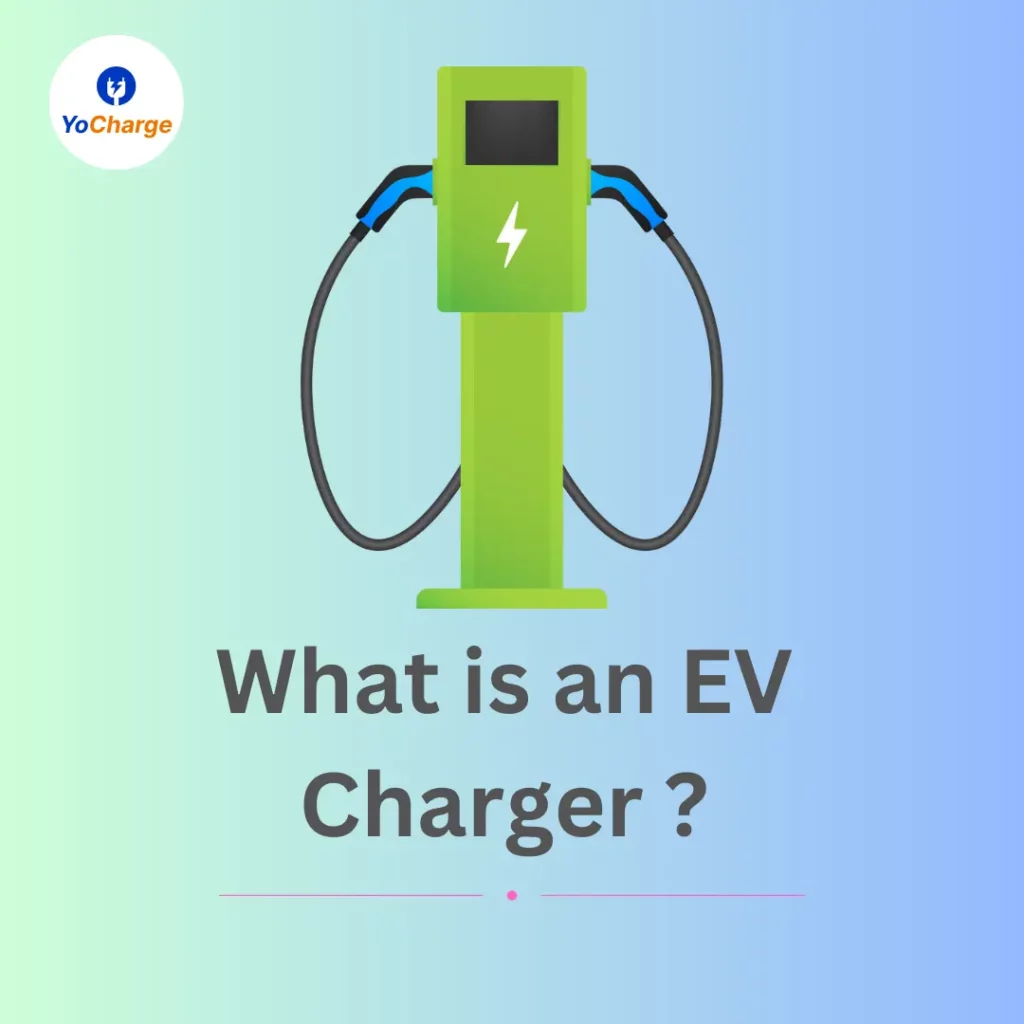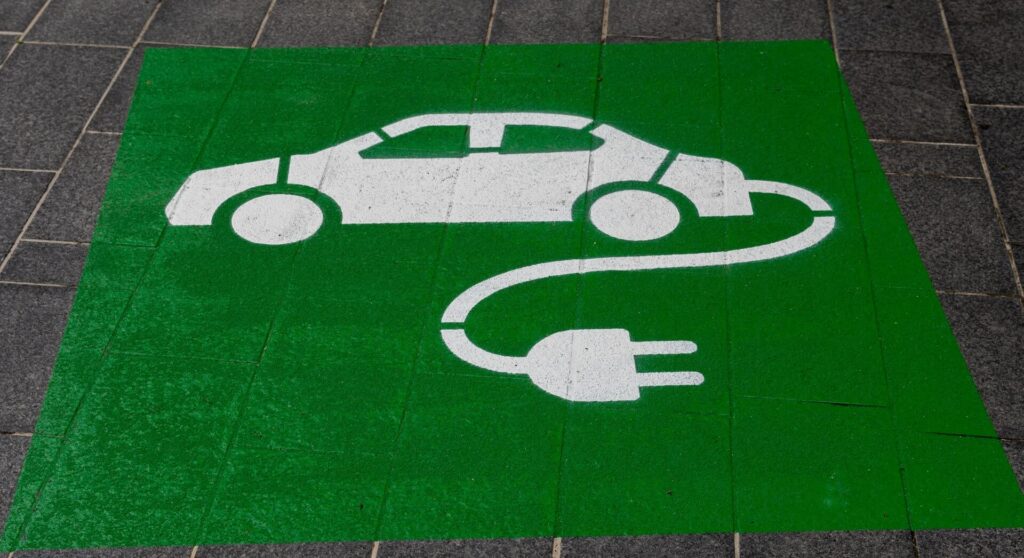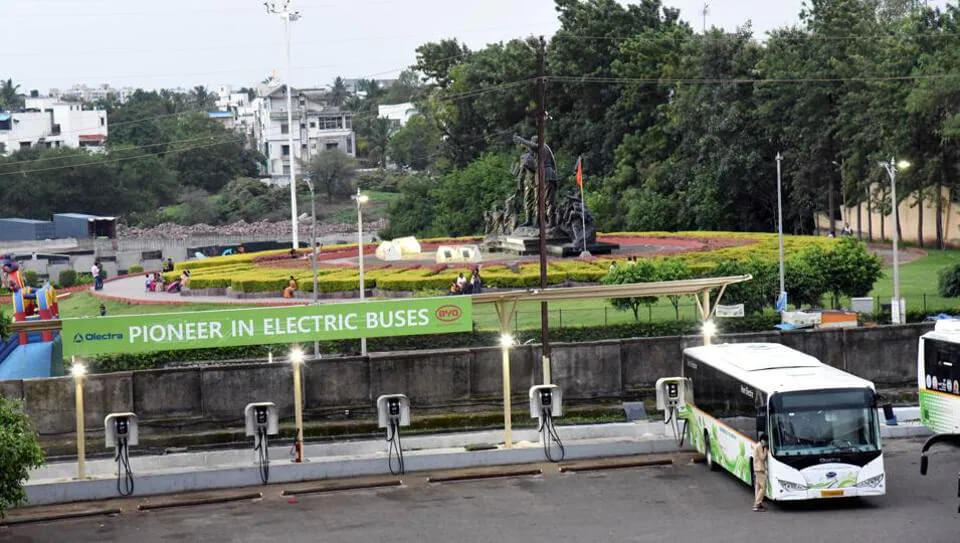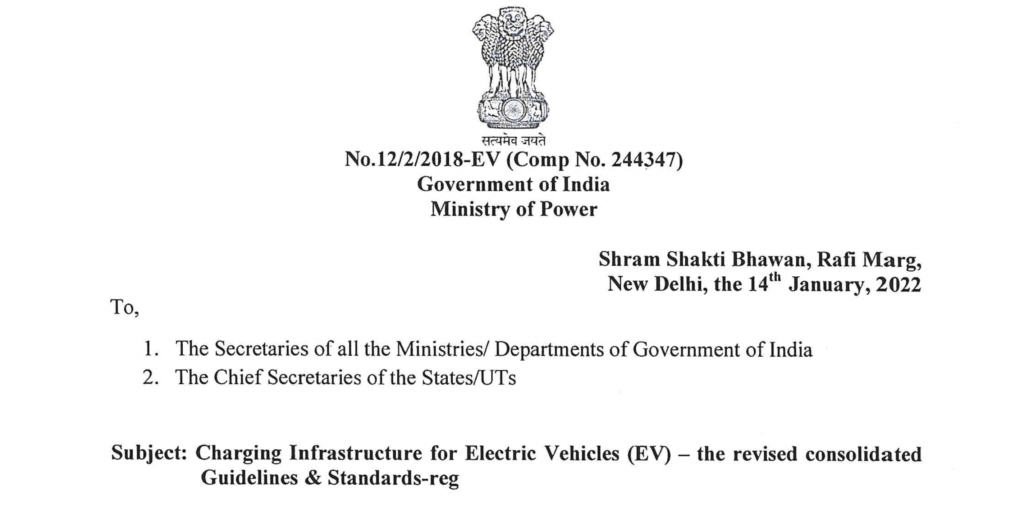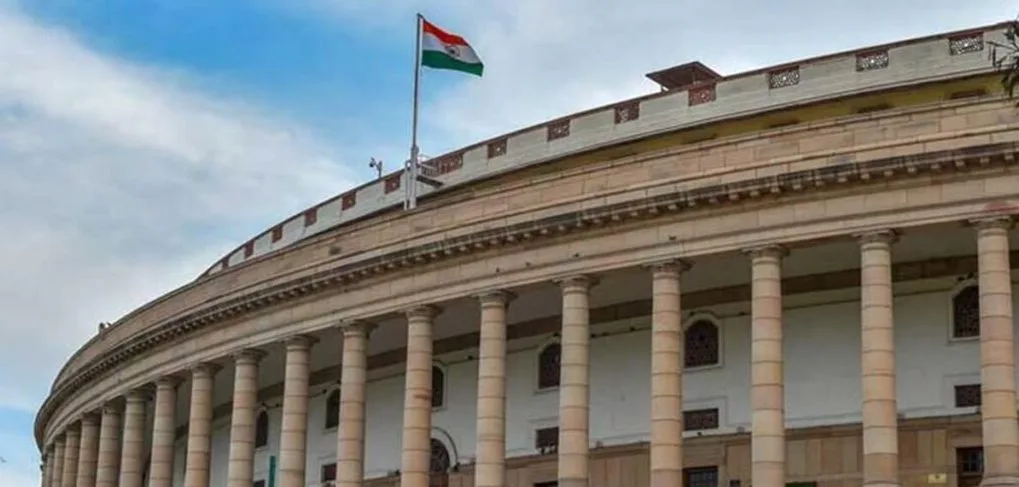
As the electric vehicle market in India gathered momentum in a few segments in 2021, various stakeholders of the EV industry including EV Charging Sector have sought additional sops in the upcoming Union Budget 2022-23 to improve the overall ecosystem for EVs in the country.
The automotive industry accounts for nearly half of the manufacturing GDP and nearly 8 per cent of the overall GDP. With the switch to e-mobility, there is a significant shift in which a large amount of innovation, R&D, investments, and engineering have started to flow. Several supportive measures of the government to promote E-mobility in the country has led to accelerated growth in the last few years.
According to the targets set by India at the COP26 summit, by 2030 the country pledges to reduce carbon emission per unit of GDP by 45% and reach net-zero carbon emissions by 2070. In India, the transport sector is the third largest emitter of CO2. Given this, faster adoption of electric vehicles (EVs) can cut down the need for fossil-fuel-run vehicles. India has already made some strides.
1. Priority Sector Lending
The EV Industry has sought priority lending status for EVs as it will not only help create a robust ecosystem for electric vehicles but also help public afford EVs at lower interest rates.
2. Funding for R & D
R&D in manufacturing is crucial in achieving self-reliance, the government could allocate sufficient funds for R & D in a public-private partnership mode with a time-bound objective to create better electric vehicles, EV batteries & Charging Technologies, that are less dependent on imports and better suited to the Indian condition.
A Pool of funds for financial support may be granted to startups that continuously invest in their R&D to reduce dependency on imports and make India Atmanirbhar
3. EV Charging Infrastructure
As per a report by CEEW Centre for Energy Finance, India will need total investment of over US$180 billion in vehicle manufacturing and ev charging infrastructure if we meet our ambitious 2030 target. There has to be more support to enable creation of charging infrastructure by private companies, which will in turn enable large scale adoption of EVs.
The EV charging infrastructure business is in investment stage with not enough utilization to be profitable as of now. It may take more years to start turning profitable. Through budgetary and policy interventions, such as promoting retail colocation, interoperability of network, subsidising cost of raw materials, etc., the Government can help companies generate more revenue and minimize cost of installation, thereby empowering organisations to scale-up installation.
4. General Awareness
One of the biggest roadblocks to the adoption of EVs is the lack of awareness and trust. The government must introduce and invest in awareness programmes through various channels.
5. Manpower Skills Training
For India to develop highly skilled manpower to propel the EV Industry in coming decades, the government needs to create infrastructure & support organisations that can educate, up-skill & train India’s manpower for these roles. Union Budget 2022-23 is the right time to take the structured steps in this direction.
6. Reduction in GST rate
Although the GST rate on Electric Vehicles & EV Chargers in India is reduced from 12% to 5%, GST for advanced batteries in EVs is still on the higher side ranging between 18% to 28%. To reduce the cost of batteries for consumers, it is essential that this GST on batteries is reduces. Bringing down GST under the 5% bracket will ensure affordability and a smooth transition towards EVs from Internal combustion engines.
7. FAME II Incentives
Fame II incentives should also be extended to charging infrastructure and battery swapping too.
8. Tax Benefits for Purchase of EV
Union Budget 2022-23 should continue if not increase in tax sops for EVs and charging units. In Union Budget 2019, the government announced an additional tax deduction of ₹1.5 lakh under Section 80EEB of the Income-tax Act on interest paid on loans taken for buying EVs. If you claim the entire deduction of ₹1.5 lakh per annum for a tenure of five years, you will save around ₹2.34 lakh ( ₹46,800 per year) if you’re in the highest tax bracket of 31.2%. It would be better if the same incentives can also be made available for start-ups and corporates.
9. Low Charging Tariff
The cost of designing and installing charging infrastructure is very capital intensive. For the sector the first priority is to minimize capital cost as much as possible. While facilitating Grid connectivity is a right step for ease of setting up charging infrastructure, it is important for the sector that the Government subsidizes electrical connections and fixed load charges of EV charging point operators.
10. Promote Renewable Energy
For EV mobility to be sustainable and environment friendly, India needs to replace high cost fossil fuel based power generation with low cost renewable energy. Therefore, the supply of low cost RE electricity will reduce the operational cost significantly. This can be enabled by supporting solutions such as open access for solar power. The government needs to promote startups & companies trying to promote renewable energy based charging.
